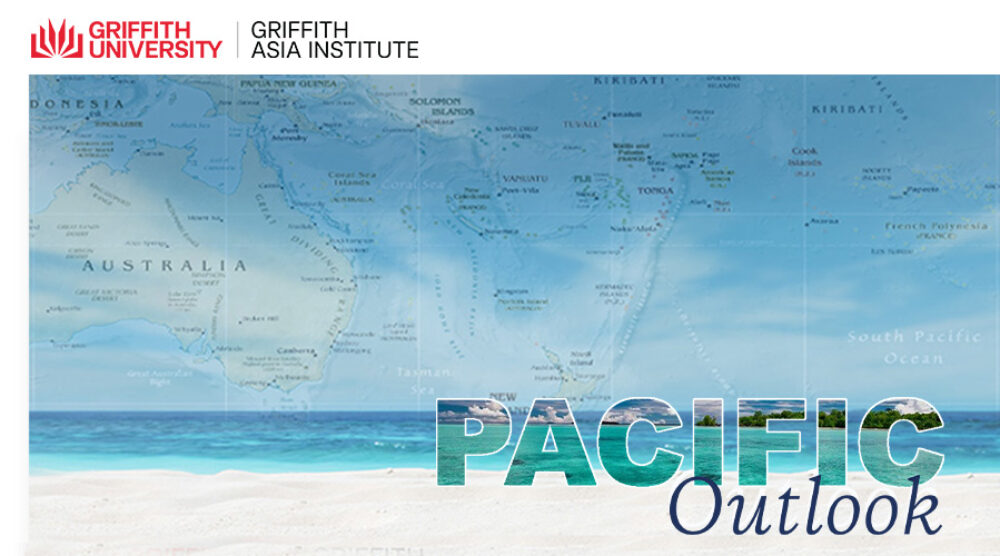Change of government in Vanuatu
After a prolonged period of political turmoil, and the intervention of both the Supreme Court and the Court of Appeal, Vanuatu has a new government.
Sato Kilman was elected by secret ballot in the Vanuatu parliament late afternoon Monday 4th September. He secured 27 of the available 50 votes, with 23 going to former Prime Minister Alatoi Ishmael Kalsakau. Mr Kilman is not new to the position, having served as PM on four previous occasions. During his last term, in 2015, many members of his government were convicted of bribery and corruption charges.
The Opposition is led by former Prime Minister, Charlot Salwai. Former Minister for Climate Change, Ralph Regenvanu is deputy leader of the Opposition.
Vanuatu is no stranger to political power tussles, which are primarily driven by domestic interests rather than because of geopolitical influence.
Change of leadership within the ULMWP
Further to the disappointing outcome of the recent summit of the leaders of the Melanesian Spearhead Group (MSG), there has been a change of leadership in the United Liberation Movement of West Papua (ULMWP). The ULMWP is an umbrella organisation that encompasses a number of pro-independence groups within West Papua.
The group brought together more than 50 stakeholders in Port Vila for a summit that coincided with the MSG summit. There were long and protracted discussions as to how the organisation should be structured and several internal divisions became apparent.
The new President of the ULMWP is Menase Tabuni. Part of the justification for his taking on the role is to base the leadership of the organisation within West Papua. This marks a departure from an ‘in exile’ leadership by Benny Wenda. Mr Wenda will continue as part of the leadership group with responsibility for Foreign Affairs.
Other Pacific News:
In Tonga, Prime Minister Siaosi Sovaleni Hu’akavameiliku has survived a motion of no confidence in the Parliament. He defeated Aisake ‘Eke by fourteen votes to eleven. ’Eke had cited 46 issues of concern when calling for the vote of no confidence.
In Vanuatu, judges, senior lawyers and other stakeholders have issued the “Port Vila Declaration” in support of the Pacific Islands Legal Information Institute (PacLII) which is facing a funding crisis.
Prime Minister James Marape of Papua New Guinea has claimed he was misquoted in reports that said he had tole President Widodo of Indonesia that it was not for PNG to comment on alleged human rights abuses in West Papua.
In Fiji and across the world the issue of inconsistent treatment by World Rugby referees has resurfaced after the Rugby World Cup game between Fiji and Wales. This is a longstanding complaint of the ‘Tier 2’ teams, which include Fiji, Samoa, and Tonga.
In Samoa, representatives from nine countries have met to discuss labour mobility and the Trade in Services aspect of the regional trade agreement, PACER Plus. This comes as some countries are concerned about the impact of labour mobility on their economies and societies.
Tess Newton Cain is a Senior Research Fellow at the Griffith Asia Institute and project lead for the Griffith Pacific Hub.








